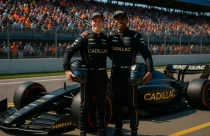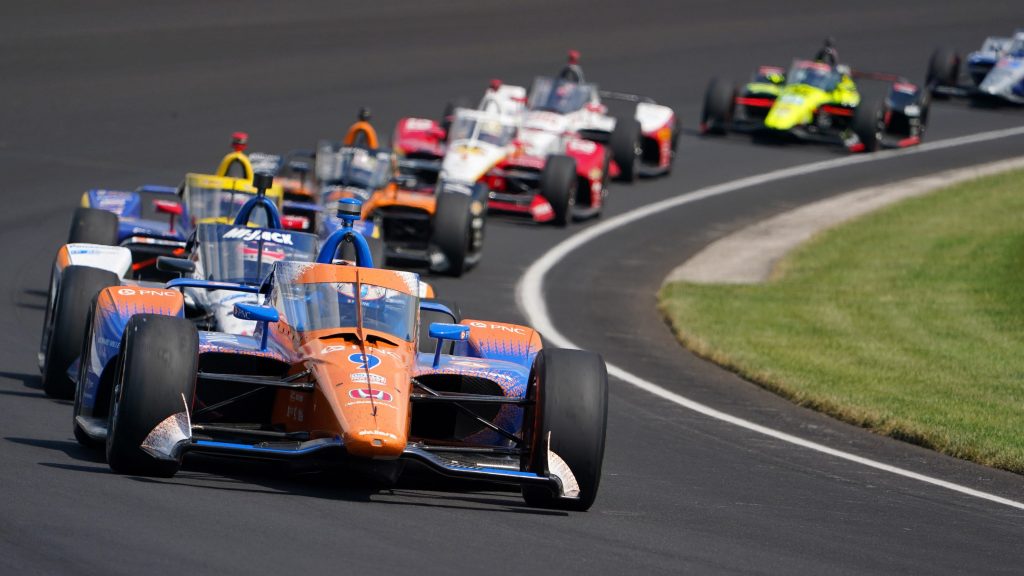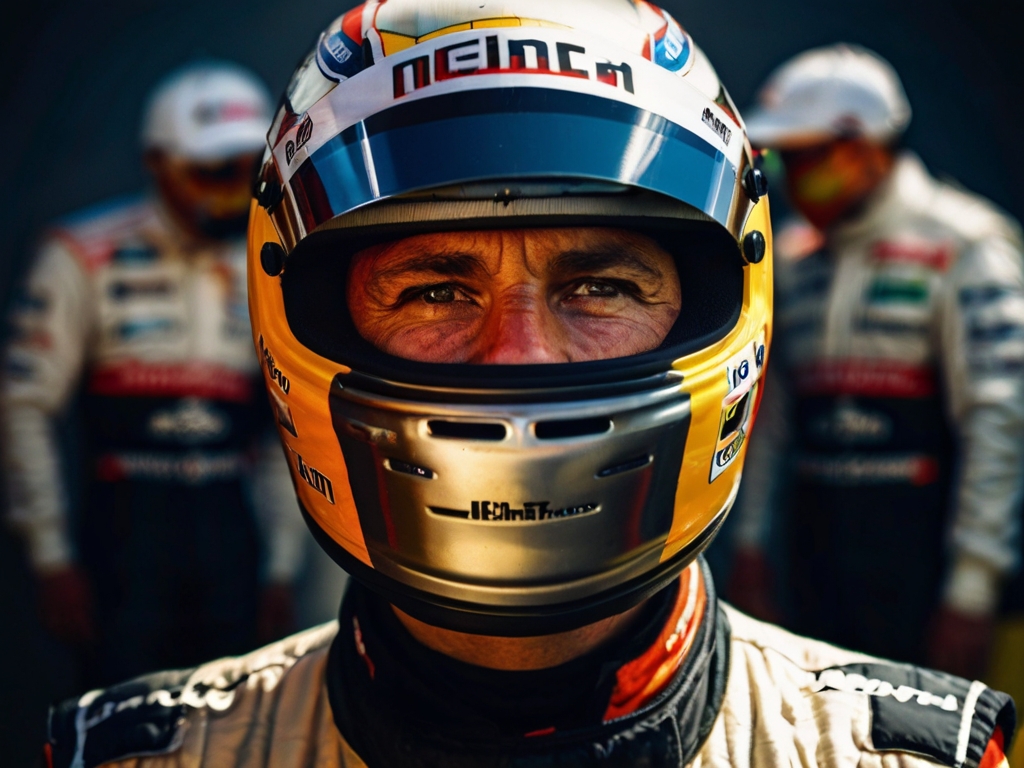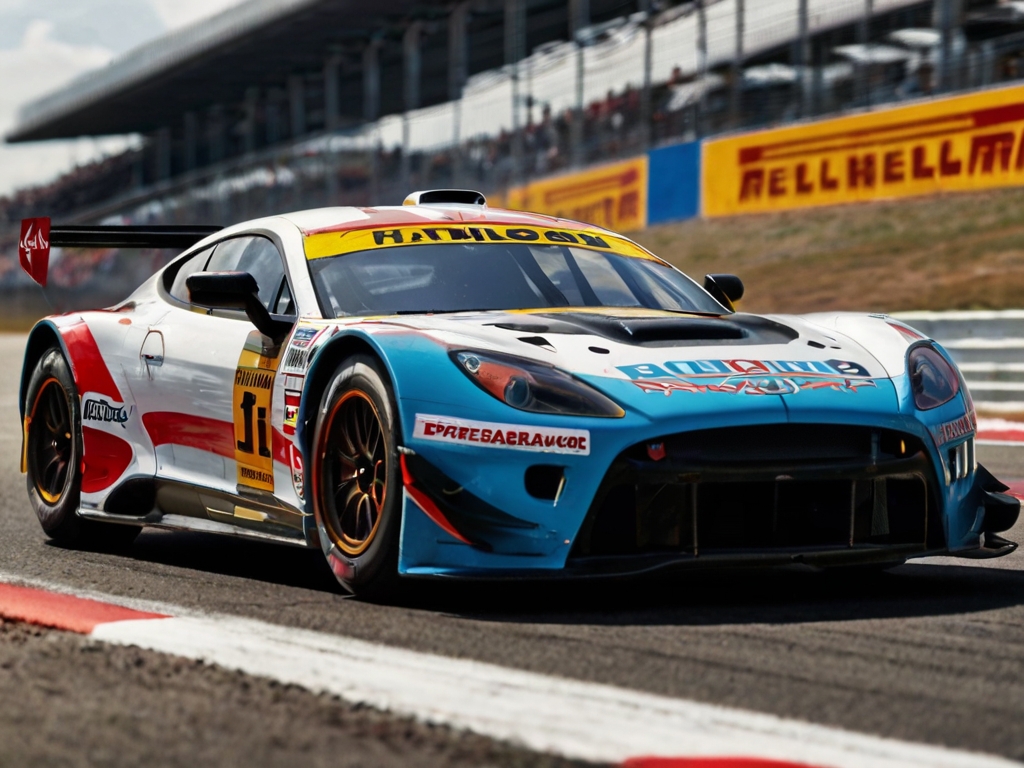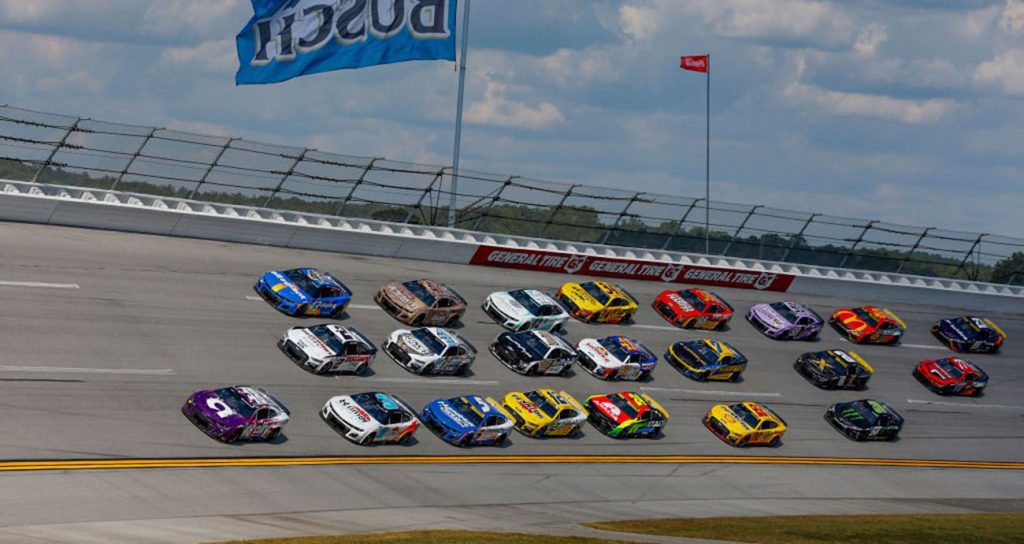Car racing, an exhilarating sport filled with speed, precision, and danger, has captivated audiences worldwide for over a century. It encompasses various disciplines, each with its heroes and legendary races. This detailed exploration will cover some of the most famous drivers and iconic races in the history of car racing.
Famous Drivers
Juan Manuel Fangio
- Nationality: Argentine
- Era: 1950s
- Achievements: Juan Manuel Fangio, also known as “El Maestro,” won the Formula One World Championship five times in the 1950s. His record of five World Championships stood for nearly half a century until Michael Schumacher surpassed it in 2003. Fangio was known for his skill in handling race cars and his ability to excel under pressure.
Ayrton Senna
- Nationality: Brazilian
- Era: 1980s to early 1990s
- Achievements: Ayrton Senna is often regarded as one of the greatest Formula One drivers in the history of the sport. His intense driving style and incredible skill in wet conditions made him a formidable competitor. Senna won three World Championships before his tragic death in a crash at the San Marino Grand Prix in 1994.
Michael Schumacher
- Nationality: German
- Era: 1990s to mid-2000s
- Achievements: Michael Schumacher’s name is synonymous with success in Formula One. He holds numerous records, including seven World Championships and the most Grand Prix wins (91). Schumacher’s dominance with Ferrari during his career set new standards in racing for success and professionalism.
Dale Earnhardt Sr.
- Nationality: American
- Era: Late 1970s to 2001
- Achievements: Known as “The Intimidator,” Dale Earnhardt Sr. was a star of NASCAR, winning the Cup Series championship seven times. His aggressive driving style and success on the track made him a fan favorite and a feared competitor.
Lewis Hamilton
- Nationality: British
- Era: 2000s to present
- Achievements: Lewis Hamilton has emerged as one of the most talented drivers in Formula One history. With his multiple World Championships (surpassing Schumacher’s record), Hamilton is known for his racecraft, strategic intelligence, and advocacy for diversity and environmental issues in the sport.
Iconic Races
The Monaco Grand Prix
Location: Monte Carlo, Monaco
Significance: The Monaco Grand Prix is part of the Triple Crown of Motorsport and is known for its glamour, history, and challenging street circuit. Winning in Monaco, with its tight corners and narrow streets, is a testament to a driver’s skill and precision.
The Indianapolis 500
Location: Indianapolis Motor Speedway, USA
Significance: Often referred to as “The Greatest Spectacle in Racing,” the Indianapolis 500 is a hallmark of American open-wheel car racing. The race has been held annually since 1911 and is renowned for its high speeds and the tradition of drinking milk in victory lane.
The 24 Hours of Le Mans
Location: Le Mans, France
Significance: This endurance race is the oldest active sports car race in endurance racing, held annually since 1923. Winning the 24 Hours of Le Mans requires not just speed but exceptional reliability and efficiency.
The Daytona 500
Location: Daytona International Speedway, USA
Significance: Known as the “Super Bowl of Stock Car Racing,” the Daytona 500 is NASCAR’s most prestigious race. Winning Daytona is a coveted achievement due to its challenging nature and the prestige it brings.
The Italian Grand Prix
Location: Monza, Italy
Significance: Part of the Formula One World Championship, the Italian Grand Prix held at the Autodromo Nazionale Monza is one of the fastest and oldest races in the series. Its high-speed straights and passionate fans make it a highlight of the racing season.
These drivers and races have not only defined generations in motorsports but have also helped shape the sport into a global phenomenon that continues to push the boundaries of speed, technology, and human endurance.
The History of Car Racing
Car racing, a sport that combines high speeds, cutting-edge technology, and intense competition, has captivated enthusiasts and spectators for over a century. Its origins and evolution are deeply intertwined with the development of the automobile itself.
Early Beginnings
The history of car racing dates back to the late 19th century, shortly after the invention of the modern automobile. One of the earliest recorded races took place in 1887, in Paris, France, but it was more of a reliability test than a speed competition, with only one participant out of many actually starting and finishing. The real impetus for car racing came in 1894 with the Paris–Rouen race, organized by the newspaper Le Petit Journal. The event was more about showcasing the reliability and practicality of motor vehicles than speed, yet it marked the beginning of organized auto racing.
Growth and Global Spread
In 1900, the Gordon Bennett Cup initiated international competition, requiring vehicles to be entirely manufactured in the country they represented, thereby fueling technological advancements in automotive engineering. This period saw the rise of races like the Vanderbilt Cup in the United States, which further popularized motor sports across the Atlantic.
The establishment of closed-circuit racing tracks like Brooklands in England in 1907, the first purpose-built motor racing circuit, marked a significant development. It set the stage for more formalized and spectator-friendly races. The Indianapolis Motor Speedway, opened in 1909, became another cornerstone of car racing history, especially known for the Indianapolis 500 inaugurated in 1911.
The Interwar Period and Technological Innovations
The years between World War I and World War II were a golden age for Grand Prix racing in Europe. The introduction of the legendary 24 Hours of Le Mans in 1923, and the Monaco Grand Prix in 1929, added endurance and street racing into the mix, showcasing not only speed but also the durability of cars and the strategic acumen of drivers.
During this era, technological innovations such as supercharging and improvements in tire technology and aerodynamics were pioneered. Teams and manufacturers like Alfa Romeo, Mercedes-Benz, and Auto Union (now Audi) dominated the European racing scene with advanced engineering that would influence consumer automobiles.
Post-World War II: The Rise of Formula One
Post-1945, with the world recovering from war, motor racing saw dramatic growth. In 1950, the official Formula One World Championship was established, creating a global platform for the highest class of single-seater auto racing governed by the Fédération Internationale de l’Automobile (FIA). The era saw legendary drivers like Juan Manuel Fangio and later Ayrton Senna and Michael Schumacher.
In America, stock car racing led to the formation of NASCAR in 1948, which organized races like the Daytona 500, becoming wildly popular with a distinct culture and style, emphasizing close racing and high-speed drafting.
Modern Era and Safety Innovations
The late 20th and early 21st centuries in car racing have been characterized by significant advancements in safety and technology. Following several high-profile accidents, including the death of Ayrton Senna in 1994, there was a renewed focus on improving safety standards in Formula One and other racing series.
Today, car racing is a sophisticated sport with multiple disciplines including Formula One, endurance racing (like the Le Mans 24 Hours), rallying, and electric car racing series like Formula E. Innovations in hybrid technology, safety gear, and real-time data monitoring continue to evolve the sport, making it safer for drivers and more engaging for fans.
From its humble beginnings to its current status as a global sporting phenomenon, car racing continues to push the limits of technology, strategy, and human skill, all while thrilling fans around the world.
Car racing is a diverse sport with various disciplines, each attracting millions of fans worldwide. These championships test not only the prowess of the drivers but also the innovation and capability of car manufacturers. Here’s an overview of the most popular car racing championships globally.
Formula One World Championship
Formula One, or F1, is the pinnacle of single-seater auto racing sanctioned by the Fédération Internationale de l’Automobile (FIA). Established in 1950, it features a series of races known as Grands Prix on purpose-built circuits, and in some cases, city streets. The cars are renowned for their high speed and advanced technology, with teams like Ferrari, Mercedes-Benz, and Red Bull Racing dominating recent headlines. F1 is globally renowned for its sophisticated engineering, strategic racing, and international glamour.
NASCAR Cup Series
The National Association for Stock Car Auto Racing (NASCAR) is the most popular stock car racing series in the United States, known for its close racing, high-speed drafting, and oval track racing. The NASCAR Cup Series is the top racing series of NASCAR, having started in the late 1940s. It includes the famous Daytona 500, known as the “Super Bowl of stock car racing.” NASCAR races are characterized by their tight competition and relatively stock-appearing cars.
IndyCar Series
The IndyCar Series is the premier level of open-wheel racing in North America and is known for the Indianapolis 500, one of the most prestigious motorsport events in the world. Like Formula One, cars in the IndyCar series are built purely for speed and agility, but unlike F1, the IndyCar series races primarily on oval tracks, along with several road and street courses.
24 Hours of Le Mans
Part of the FIA World Endurance Championship, the 24 Hours of Le Mans is the world’s oldest active sports car race in endurance racing. Held annually since 1923 near the town of Le Mans, France, it represents one end of the Triple Crown of Motorsport. Teams must balance speed with the car’s ability to run for 24 hours without mechanical failure. This race tests not only speed but also endurance, reliability, and efficiency.
Formula E Championship
The newest addition to the international auto racing scene is the Formula E Championship, which began in 2014. This series uses only electric cars, highlighting the importance of sustainability in motorsports. Races (known as ePrix) take place on temporary street circuits in the hearts of major cities around the world. The championship is gaining popularity for its eco-friendly approach and for promoting awareness about electric vehicles.
World Rally Championship (WRC)
The WRC is a rallying series organized by the FIA, showcasing modified production cars racing on off-road areas that are often closed to the public. The championship was established in 1973 and is famed for its challenging stages, which include snow, gravel, tarmac, and mud, testing the driver’s skill and versatility to the limits.
These championships not only highlight the best in speed, technology, and driver skill but also cater to a diverse range of motorsport enthusiasts around the globe. Each series has its unique charm and challenges, making car racing a varied and exciting sport. Whether it’s the high-speed laps of Formula One, the enduring challenge of Le Mans, or the rugged terrains of the WRC, these racing championships hold a special place in the hearts of motorsport fans.
Our friends:
Slottyway opinie
reynaelena.com
aviator



